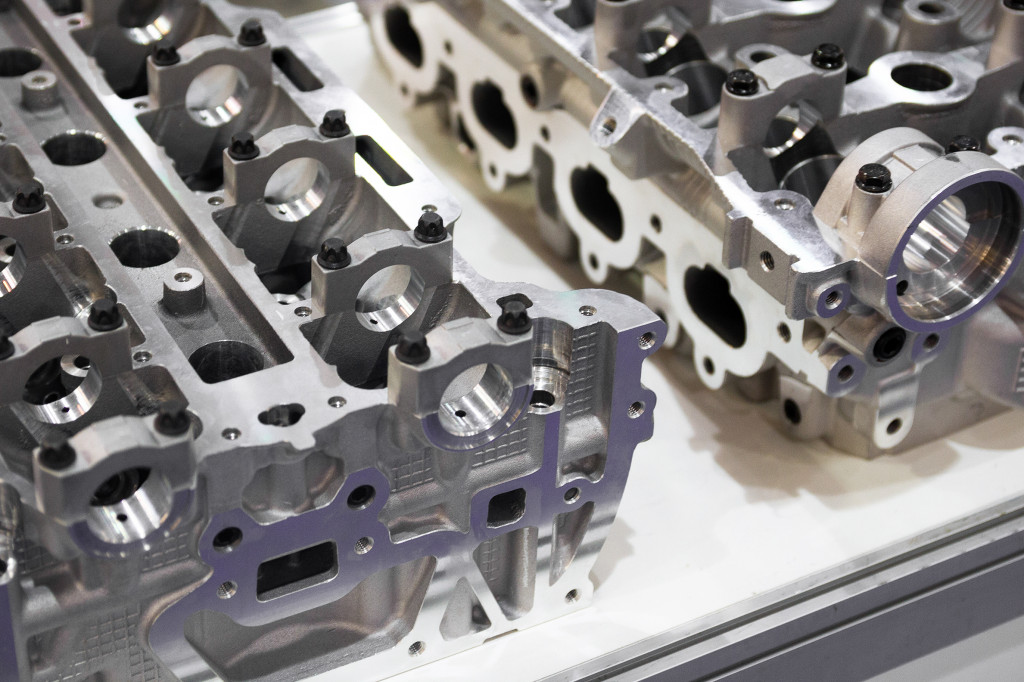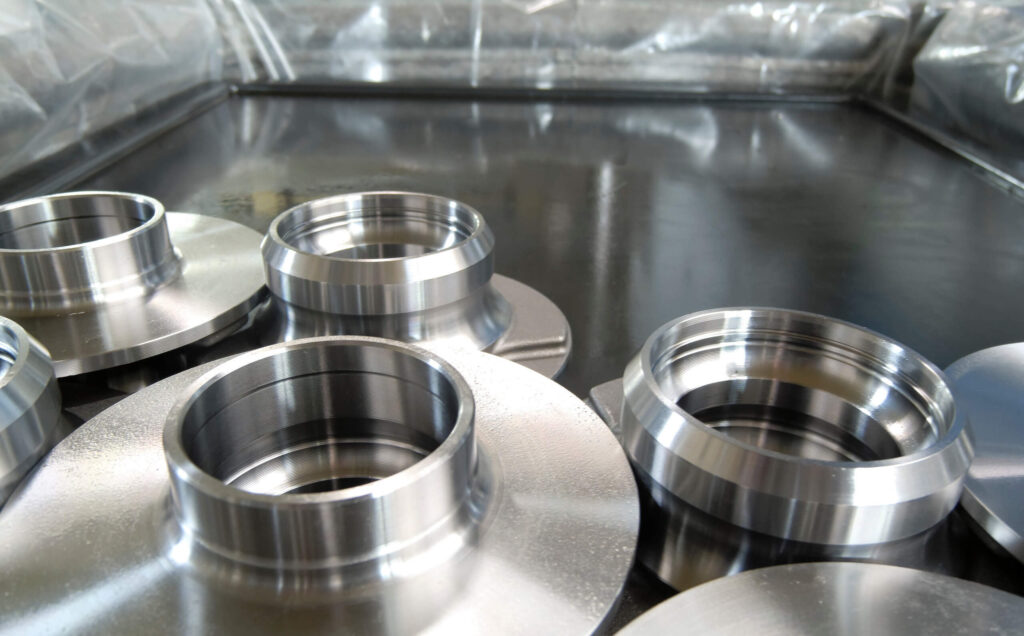AI-Based Quality Control in the Automotive Industry
Maddox AI can be used to optimise and automate a wide range of inspection tasks in the automotive industry.

AI-based visual quality control systems have become an important part of modern manufacturing processes in the automotive industry. These systems offer a number of benefits, including improved product quality, cost savings and increased customer satisfaction. They enable manufacturers and suppliers to produce more efficiently and raise quality standards.
Applications for Visual Quality Control With Maddox AI in the Automotive Industry
Maddox AI offers a wide range of applications in the automotive industry for optimising and automating a wide variety of inspection tasks. Our AI technology enables the comprehensive inspection of vehicle components, from checking for surface defects such as scratches and dents to monitoring weld seams and electronic components.
With accurate and fast defect detection, Maddox AI enables you to raise your products to the highest quality standards, even at very low cycle times, and minimise the risk of costly product recalls. Our AI-based visual quality control systems help manufacturing companies reduce labour costs and increase production efficiency to remain competitive and future-proof in a rapidly changing market.
In addition, every automation project with Maddox AI is also always a digitalisation project. The data obtained during the automatic visual inspection (images, metadata, etc.) are automatically processed in the Maddox AI Cloud software and can be used for follow-up analyses (defect Pareto analyses, defect heat maps, dashboards, etc.). Maddox AI even notifies you proactively (e.g. via email or SMS) if too much scrap is currently being produced. This ensures that you do not produce too much scrap over a longer period of time, but that you are proactively warned directly if your scrap rate develops negatively.
The Following Use Cases, for Example, Can Be Inspected With Maddox AI:
Inspection of parts for surface defects: detection of scratches, dents and cracks to minimise the number of defective parts and improve the overall quality of the final product.
Inspection of injection moulded parts: Detection of over- as well as under-moulding, flash, bubbles or inclusions on plastic parts such as seals, hoses, diaphragms, etc.
Inspection of metallic components: Detection of defects such as scratches, impact marks or damage on stamped, turned, forged and cast parts, e.g. for the inspection of gear wheels, turned parts or ball bearings.
Identification of defects in electronic components: Detection of defects in printed circuit boards, E-modules, sensors, cameras and other electronic components.
Precise component verification: Checking individual components for their exact specification and ensuring error-free assembly.
Verification of assembled parts: Identify missing or incorrectly assembled parts to reduce the number of defective products and increase the overall efficiency of the assembly process.
Alignment of parts during assembly: checking the alignment of parts to ensure they are correctly positioned and free of defects
Inspection of seats and upholstery: checking seats and upholstery for cracks, abrasion and unclean seams to improve the comfort and aesthetic appearance of the vehicle interior.
Rust and corrosion identification: Detection of rust and corrosion on metal parts such as body panels and bolts to ensure the longevity of the vehicle.
Automated monitoring of production batches: To ensure that consistent results are achieved in production, even if differences in brightness or gloss occur.
Controls and display analysis: To check controls and displays for scratches, cracks and irregularities for an optimal user experience.
Identification of part numbers and embossing: Accurately capture part numbers as well as engravings and embossings on components using OCR to enable accurate allocation and prevent incorrect orders.
Reading of bar and QR codes: Recognition of codes for accurate identification and verification of components and products.
Traceability of products: Complete traceability of products from manufacturing to the end user to ensure safety and quality throughout the supply chain.
Example: Optimization of Turned Parts Inspection

Do you have questions about specific possible applications of Maddox AI?
Our experts will be happy to advise you!